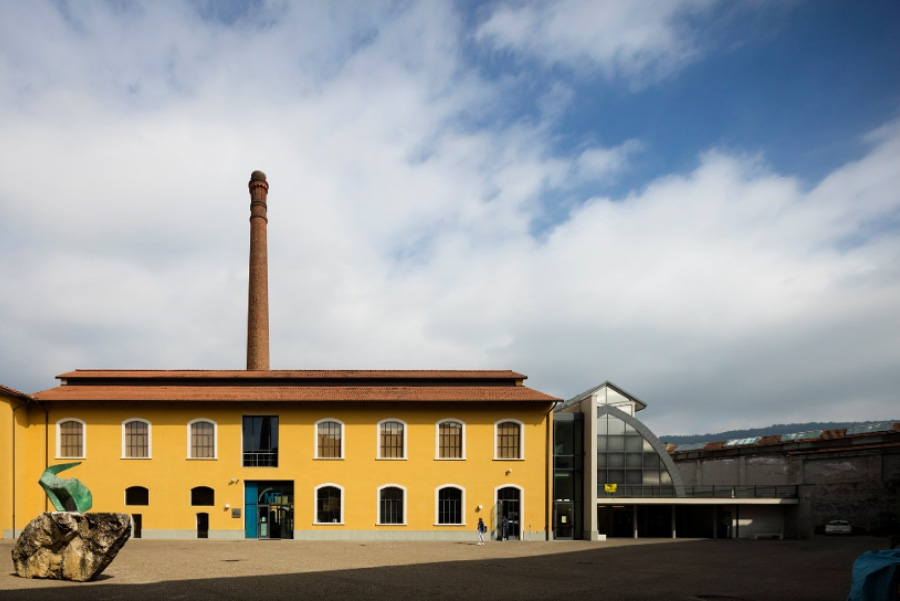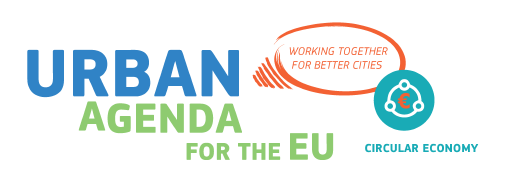Public banks
Debt finance is not only offered by commercial banks; public banks offer this as well. Public banks are financial institutions that are controlled and funded by governmental bodies instead of private investors. These banks operate at different geographical levels (multilateral, national, regional, or municipal) and often aim to offer services to people and entities that are insufficiently served by commercial banks.
Public banks are key players in implementing governmental policies, such as achieving the Sustainable Development Goals. In financing the transition to the Circular Economy (in urban contexts), they could, therefore, play an important role.
The European Investment Bank (EIB) is the largest multilateral development bank and is active inside and outside the EU. This European public bank provides numerous debt and equity financial instruments that are relevant to the circular city initiatives. Under the new Multiannual Financial Framework running from 2021 to 2027, the EIB Group will remain a privileged implementing and advisory partner for the InvestEU Programme – the new EU’s flagship investment programme. The EIB Group will implement 75% of the EU guarantee and the InvestEU Advisory Hub. The EIB has also together with the European Commission established the European Circular Bioeconomy Fund1 with a specific focus on the circular bioeconomy.
The European Bank for Reconstruction and Development (EBRD) is another public bank with operations in some EU countries. The EBRD offers a wide range of financial instruments to support projects among which loans, equity investments, and guarantees.
National Promotional Banks and Institutions (NPBIs) are public banks operating mainly at country level. In order to support national or regional governmental targets, NPBIs invest in thematic projects, funds, and companies. Cooperation exists between the EIB and NPBIs to achieve maximum reach and economic impact, especially through the support of small businesses. The Joint Initiative on Circular Economy (JICE) ![]() is a relevant example of such collaboration.
is a relevant example of such collaboration.
The Modernisation Fund is a dedicated funding programme for Beneficiary Member States, to support investments in e.g. energy efficiency and the just transition in carbon-dependent regions. The fund offers debt, grants, and guarantees.
References
-
1. European Investment Bank. (2019). An European fund to support the circular bioeconomy.
https://www.eib.org/en/press/all/2019-328-a-european-fund-to-support-the-circular-bioeconomy






